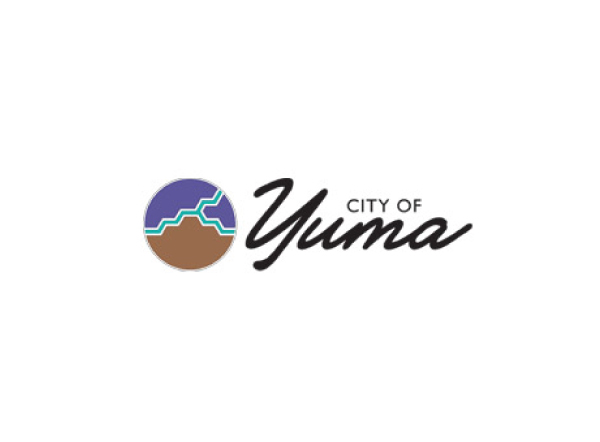By Roland Murphy for AZBEX

Conditions imposed by the City of Yuma on a requested rezoning for a 50-acre parcel at the SEC of State Route 195 and 40th Street have not been well received by the landowner.
The disagreement prompted the Yuma Planning and Zoning Commission to continue a discussion and vote on the request during its April 28 meeting.
In the March BEX Leading Market Series event dealing with housing, land use attorney Benjamin Tate of Withey Morris Baugh told attendees he is more frequently encountering situations in which cities and other jurisdictions impose greater portions of development costs on owners and developers to offset infrastructure development beyond the impacts created by the specific projects.
Quoting the AZBEX article on the event, “Tate said his biggest challenges and cases at the moment tend to center around infrastructure and impact fees. In addition to various cities and jurisdictions recently increasing or planning to increase fees as part of their regular review cycle, he and his firm have been busy evaluating, and occasionally challenging, what portions of infrastructure costs get assessed to developers.
“In 2024, the U.S. Supreme Court ruled cities cannot impose fees without establishing a relationship between a development and its proportional impact on infrastructure and costs. Tate explained it has been an ongoing effort to correctly determine what that proportionality is and to protect clients from having to pay too great a percentage of costs, particularly for infrastructure projects that were planned before a given development was even envisioned.” (AZBEX, March 14)
The Yuma Conditions
The City staff’s conditions appear to be a related issue. The Yuma Sun reported landowner Brian L. Hall Living Trust requested rezoning of a 50-acre property from agriculture to high density residential. There are no development plans in place yet, as the owner is still working to determine the maximum and minimum potential density for the site, which has the potential for anywhere between 657 and 1,516 units under the standards for the proposed high-density residential zoning.
City staff presented seven conditions for approval, two of which have been called out by the owner’s legal representative as inappropriate.
One condition, Number Five, would require the owner or developer to build sound attenuation walls along the frontage of SR 195 and future elevated portions of 40th Street. Representing the owner, attorney William Katz argued the condition would require expensive development features to be added to the project and that similar developments along SR 195, including a developed City property, have not required building sound attenuation walls.
Katz also argued imposing a requirement for sound attenuation on streets used for transportation improvements would require a change to Yuma’s Infrastructure Improvement Plan, which would require an action by the City Council.
The Sun quoted Katz as saying, “Any improvement that is an exaction or condition of approval that’s required on the developer in order to proceed with the project is required to be put into an amended IIP so that developer can receive credit against street and transportation development fees over the cost of the improvement.”
The other condition, Number Six, would require a payment-in-lieu for designing and building the roadway on 40th Street from the western edge of the property frontage to Avenue 6¾ East. The improvements would include two travel lanes constructed to City standards, with aggregate base, pavement, sidewalks, landscaping and streetlights.
According to Katz, the street section is not part of the Council’s current IIP, and placing it as a condition of approval would require Council to amend the plan.
Katz also questioned imposing the two conditions in the rezoning phase of the process. He said these types of requirements would normally be discussed after the rezoning when the Planning and Zoning Commission or City Council considered platting for the development.
Katz argued imposing expensive development requirements on a rezoning is not allowed under City code or State law.
The City’s legal counsel, John LeSueur, said imposing the conditions in the rezoning stage did not violate City code or State law. His argument was supported by City Engineer Andrew McGarvie who said there is not a platting requirement for the apartments proposed on the site and the City felt the conditions would be best addressed in the rezoning process.
The Commission met in executive session to take advice from counsel and voted to continue the case to the May 12 meeting, where it was approved 6-0 with all the original conditions intact, including a requirement to satisfy all the conditions within two years of the zoning ordinance being approved by Council.


